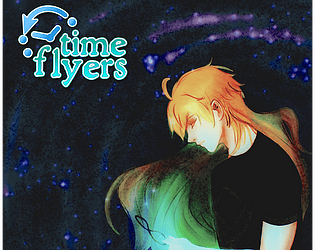Capcom is leveraging generative AI to streamline the creation of the vast number of design concepts required for its game environments. The rising costs of video game development are pushing publishers towards AI tools, despite controversy. Activision, for example, faced criticism for reportedly using AI-generated content in Call of Duty. EA has even declared AI as "fundamental" to its operations.
In a recent interview with Google Cloud Japan, Capcom's technical director, Kazuki Abe (known for his work on Monster Hunter: World and Exoprimal), detailed the company's AI experimentation. Abe highlighted the significant time and resources dedicated to generating the "hundreds of thousands" of unique design ideas needed for in-game assets. Even seemingly simple objects, like televisions, necessitate unique designs, logos, and shapes, resulting in a massive volume of concept art and descriptions.
To address this efficiency bottleneck, Abe developed a system utilizing generative AI. This system processes game design documents and outputs design concepts, accelerating the development process. The AI iteratively refines its output based on its own feedback.
Abe's prototype, which integrates multiple AI models including Google Gemini Pro, Gemini Flash, and Imagen, has reportedly garnered positive internal feedback. The projected outcome is a substantial cost reduction and a potential improvement in design quality compared to traditional manual methods.
Currently, Capcom's AI implementation is confined to this specific system. Other crucial aspects of game development, such as core gameplay mechanics, programming, and character design, remain under human control.






























